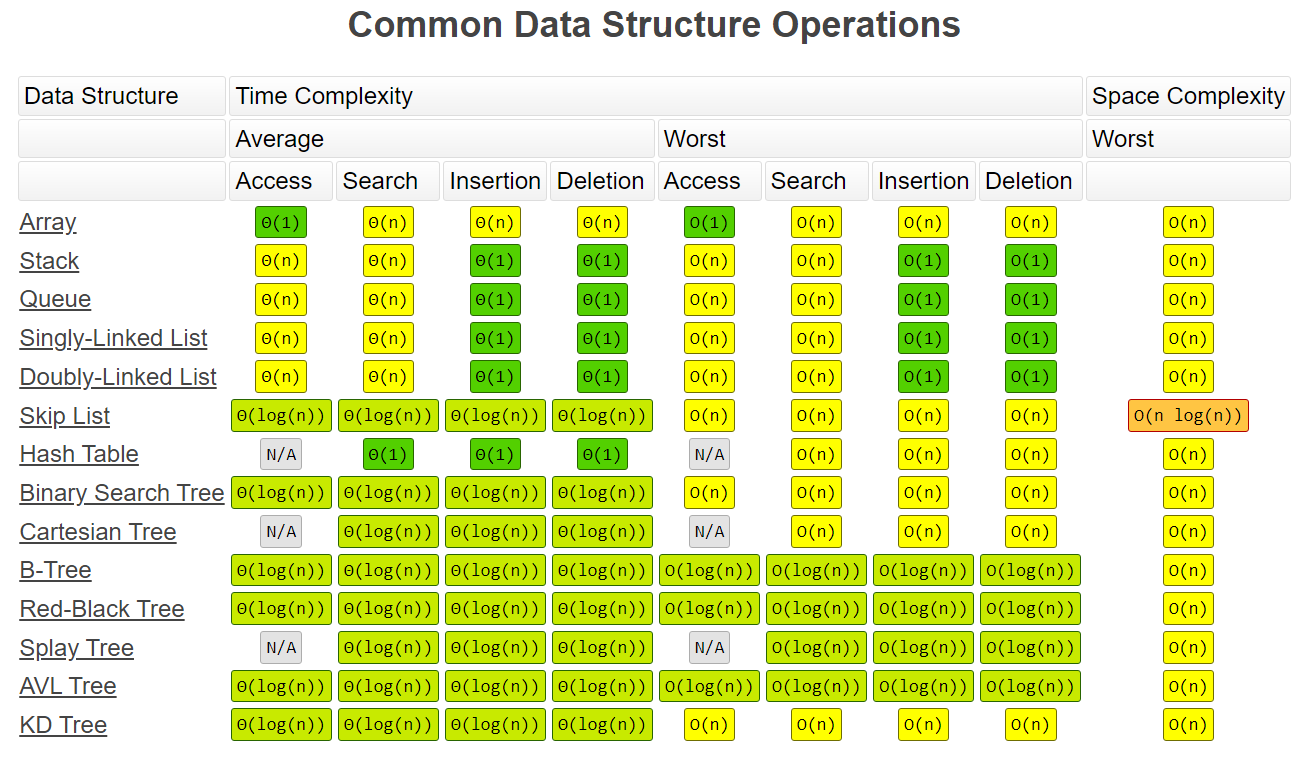Generate Unigrams Bigrams Trigrams Ngrams Etc In Python
To generate unigrams, bigrams, trigrams or n-grams, you can use python’s Natural Language Toolkit (NLTK), which makes it so easy.
First steps
Run this script once to download and install the punctuation tokenizer:
import nltk
nltk.download('punkt')
Unigrams, bigrams and trigrams
By using these methods you will get the lists for each:
from nltk word_tokenize
from nltk import bigrams, trigrams
unigrams = word_tokenize("The quick brown fox jumps over the lazy dog")
bigrams = bigrams(unigrams)
trigrams = trigrams(unigrams)
Hint for unigrams
For simple unigrams you can also split the strings with a space.
n-grams
To generate 4-grams (n = 4):
from nltk word_tokenize
from nltk import bigrams, trigrams
unigrams = word_tokenize("The quick brown fox jumps over the lazy dog")
4grams = ngrams(unigrams, 4)
n-grams in a range
To generate n-grams for m to n order, use the method everygrams:
Here n=2 and m=6, it will generate 2-grams,3-grams,4-grams,5-grams and 6-grams.
from nltk word_tokenize
from nltk import bigrams, trigrams
unigrams = word_tokenize("The quick brown fox jumps over the lazy dog")
2to6grams = everygrams(unigrams, 2, 6)
More info about the nltk can be found here.





Leave a comment